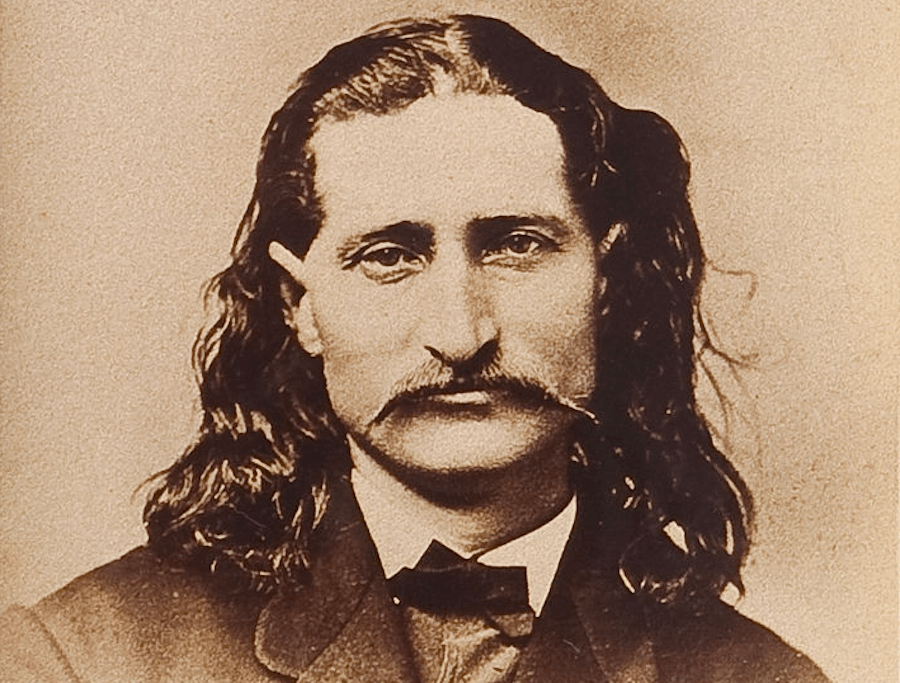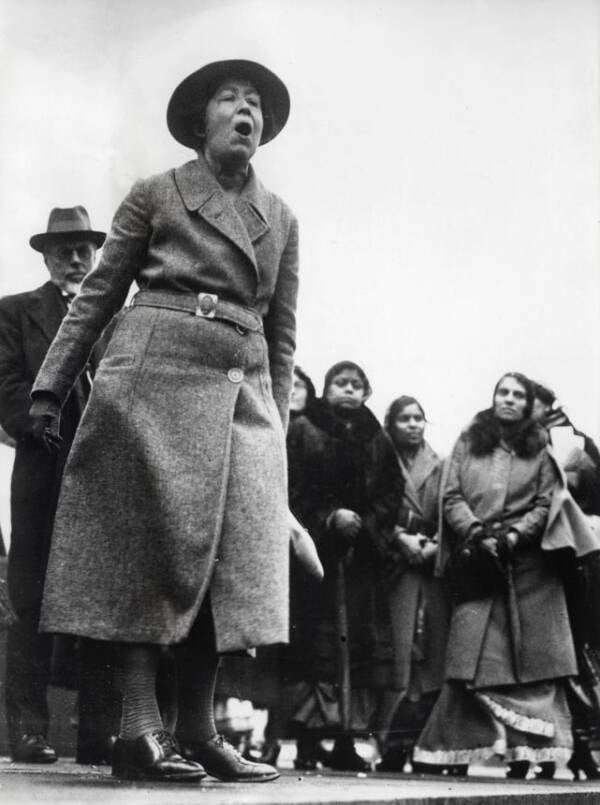What happened on this day in history: Pope Urban VII dies after 12 days in office, Wild Bill Hickok kills Samuel Strawhun during a saloon brawl, and more.
1590: Urban VII Dies 12 Days After Becoming Pope
Pope Urban VII dies a mere 12 days after his election, making his papacy the shortest in history. After Pope Sixtus V died just a month prior on Aug. 27, the papal conclave convened and chose Italian cardinal Giovanni Battista Castagna as the next pope. He took the pontifical name Urban VII, and during his short time in office he banned the use of tobacco in churches. But less than two weeks later, he died of malaria, and Gregory XIV became pope.
1722: Samuel Adams Is Born
American politician Samuel Adams, one of the Founding Fathers of the United States, is born in Boston. One of the signers of the Declaration of Independence and a delegate to the Continental Congress, Adams ranked among the most crucial leaders of the American Revolution. He had a pivotal role in the events leading up to the Boston Tea Party, helped draft the Articles of Confederation and the Massachusetts Constitution, and later served as governor of Massachusetts. Meanwhile, his second cousin John Adams served as the second president of the United States.
1869: Wild Bill Hickok Kills Samuel Strawhun

Wikimedia CommonsAn undated photograph of Wild Bill Hickok.
Wild Bill Hickok, the sheriff of Ellis County, Kansas, shoots a drunken man named Samuel Strawhun while breaking up a disturbance at a Hays City saloon, angering locals. He’d been elected as interim county sheriff just weeks before when citizens decided they needed an aggressive peacekeeper to control the belligerent hunters and soldiers who’d taken over the Wild West town. But when Hickok killed two men during his first month in office, locals realized he was too aggressive for the job and voted in a new sheriff that November.
1888: ‘Dear Boss’ Letter Received
The “Dear Boss” Letter, believed to be the first missive sent by the serial killer Jack the Ripper, is received by the Central News Agency. Though debate has continued over whether or not the letter is authentic, it is the first to give the murderer — who had killed two women by that point — a name.
1960: Sylvia Pankhurst Dies

Wikimedia CommonsSylvia Pankhurst protesting against British policies in India. 1932.
Sylvia Pankhurst, daughter of English suffragist Emmeline Pankhurst, dies in Addis Ababa, Ethiopia. A suffragist and anti-fascism activist herself, Pankhurst was at the forefront of numerous protest efforts against everything from World War I conscription to British policies in India. She then spent much of her later life in Ethiopia, advocating for the country after Fascist Italy invaded in the 1930s. At her funeral, she was named an “honorary Ethiopian” by Emperor Haile Selassie, and she is the only foreigner buried in a section reserved for patriots of the war against Italy at Holy Trinity Cathedral in Addis Ababa.
1962: Silent Spring Is Published By Rachel Carson
Silent Spring is published by Rachel Carson. The book exposed the chemical industry for the indiscriminate use of harmful pesticides. She accused the chemical industry of spreading misinformation about the chemicals they were producing. The book led to widespread condemnation of the chemical industry by the American public, a ban on the chemical DDT, and the creation of the U.S. Environmental Protection Agency.
1969: The Zodiac Killer Murders Calvin Hartnell And Cecelia Ann Shepard
At the height of his killing spree, the Zodiac killer murders a young couple, Calvin Hartnell and Cecelia Ann Shepard.



